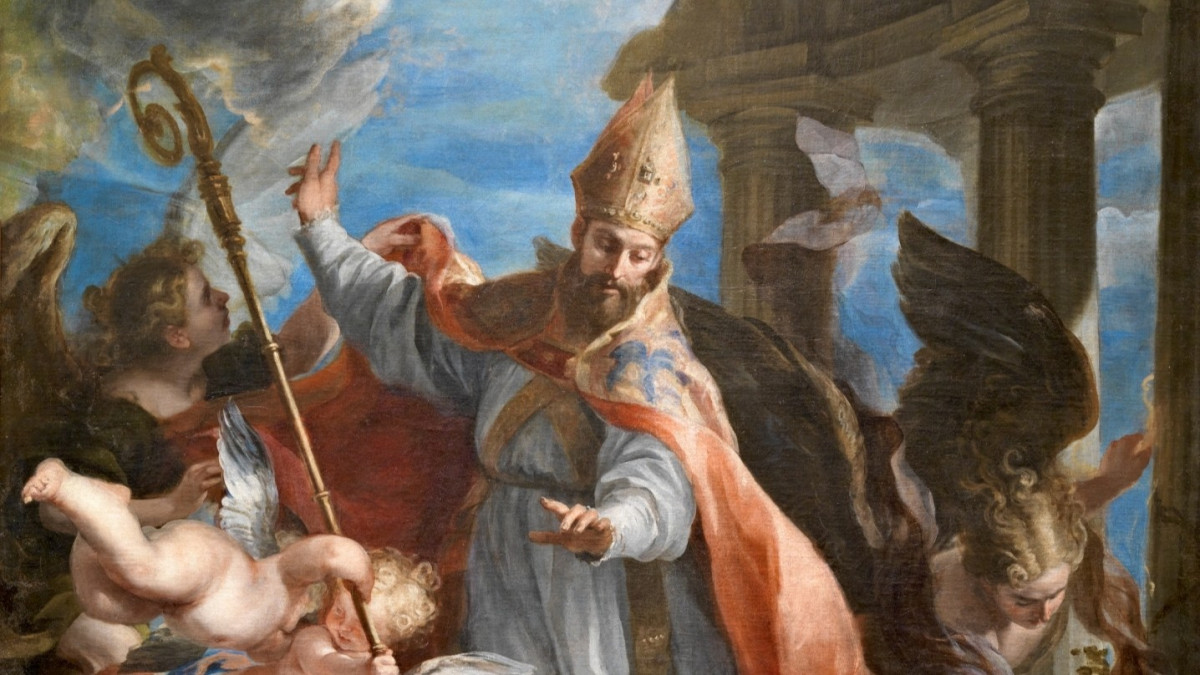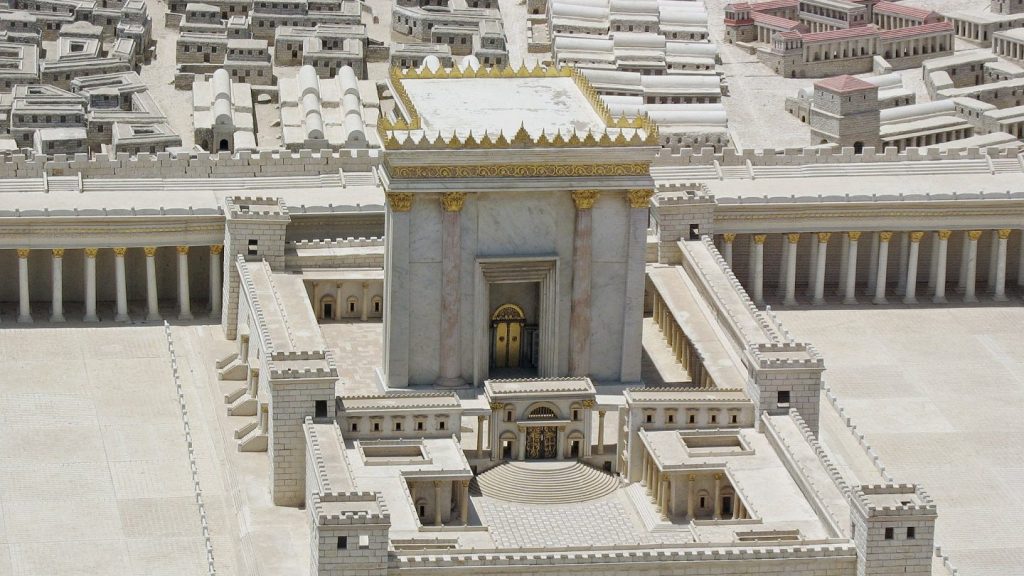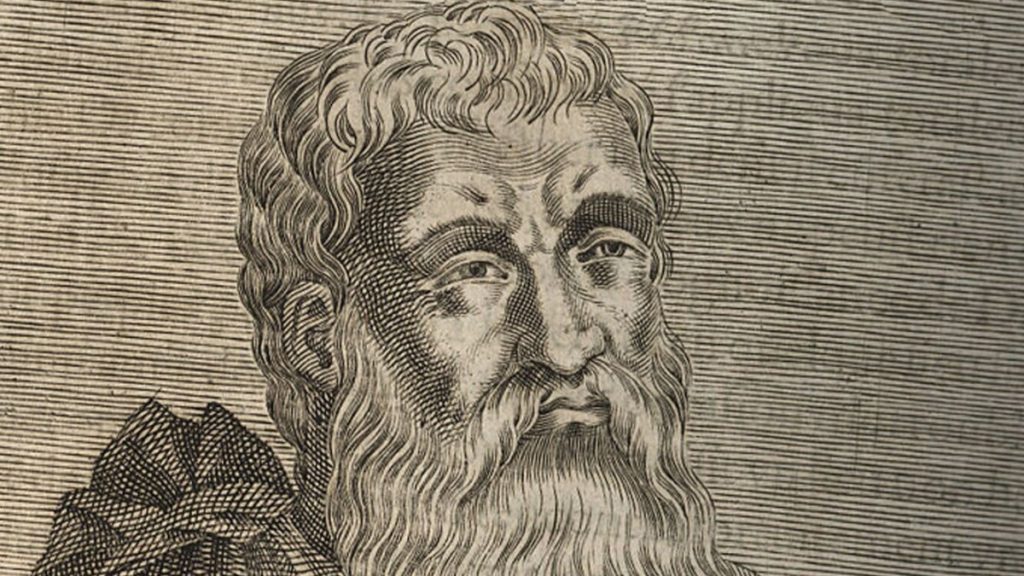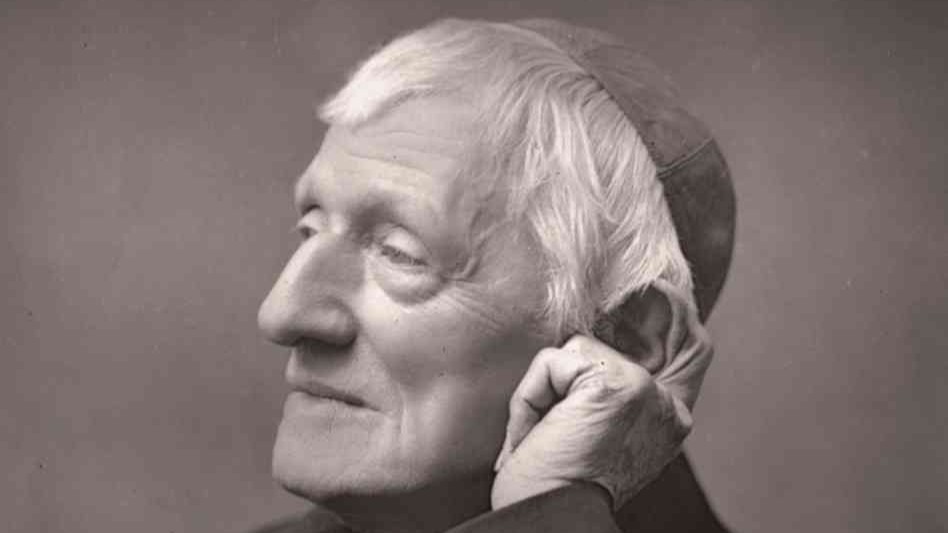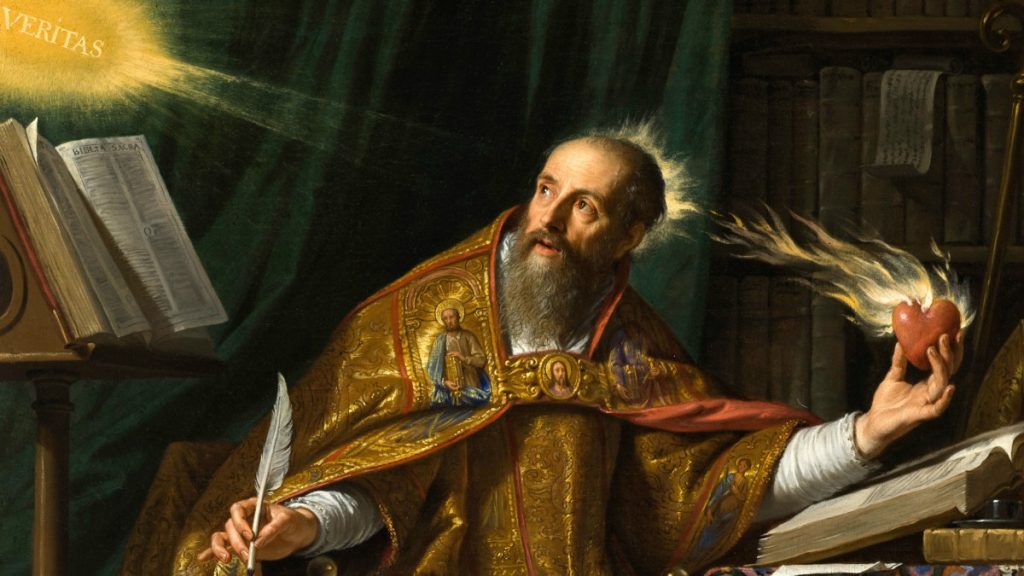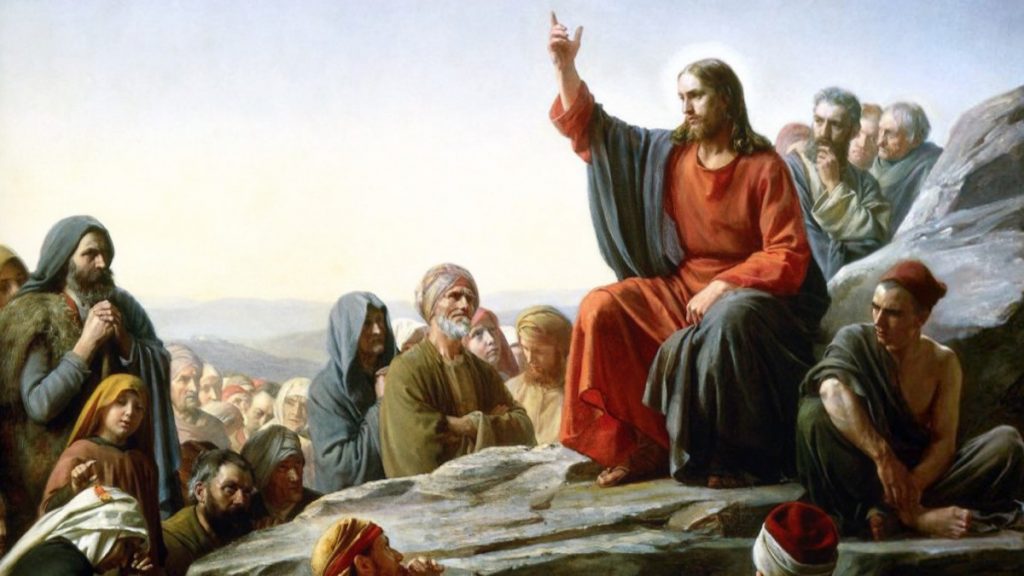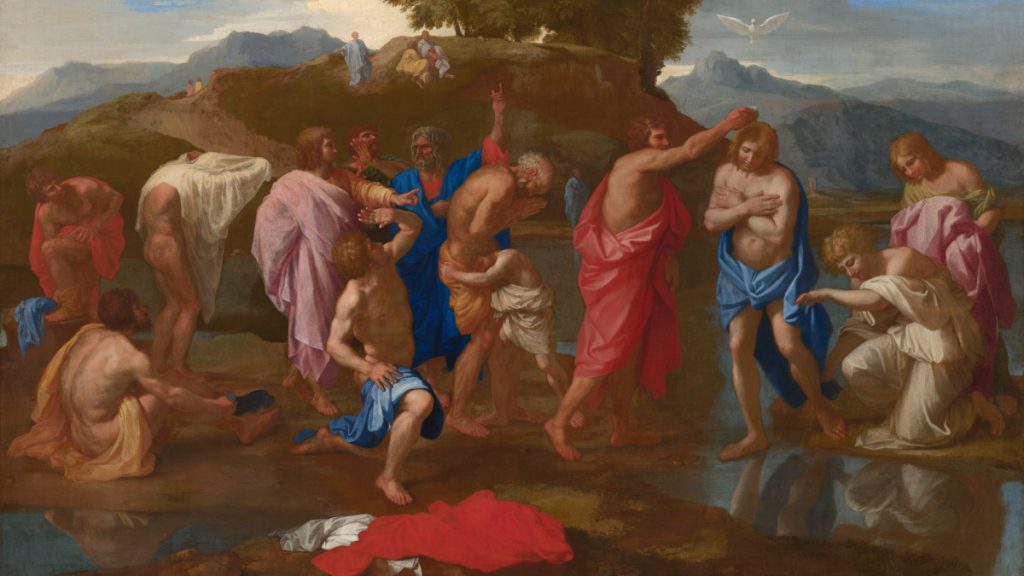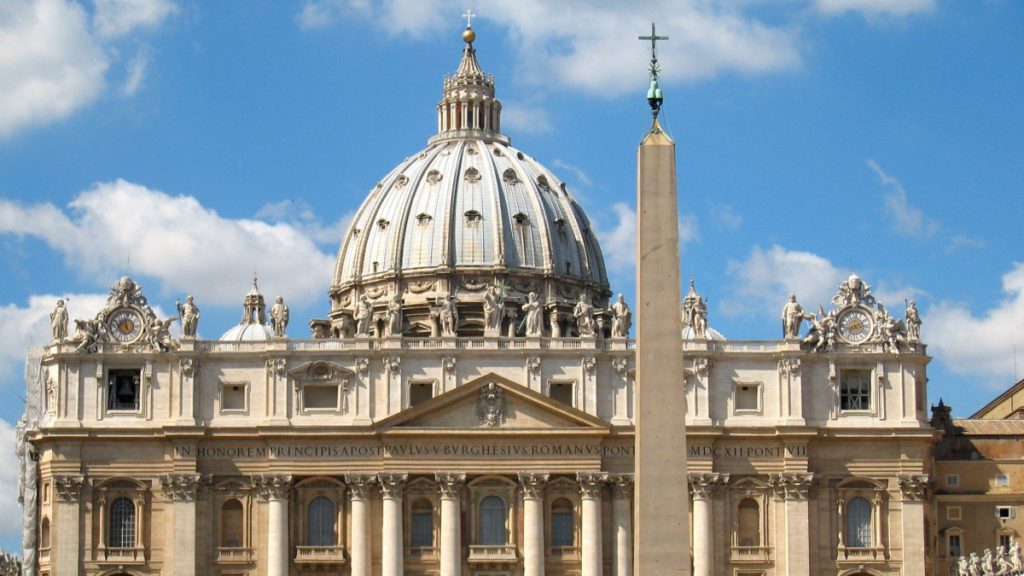Introduction
In this installment of Where is the True Church?, we will cover St. Augustine’s work, Of True Religion, written sometime between 389 and 391. St. Augustine, Part 1 of this series addressed the same question, “Where is the True Church?” by analyzing his work Against the Fundamental Letter of Manichaeus.
Roadmap
Our Roadmap is as follows:
- Our thesis is that St. Augustine describes the one true Church as the Catholic Church in both name and features. We will show this by:
- Citing the words of his work Of True Religion; followed by a
- Summary of the various features of this one true Church described by St. Augustine, and showing how they continue to align with only one “denomination” to this day, namely the very same Catholic Church.
St. Augustine’s Of True Religion
First, St. Augustine establishes as a basic fact that true religion must be precisely that: true. It cannot be merely a matter of opinion. Therefore, he first addresses one of the groups who are not included in the true religion, namely heretics, or those calling themselves Christians who teach doctrine other than what the Catholic Church teaches. Only those who subscribe to the true religion—namely, the Catholic Faith—can participate in the same sacramental rites, and this, Augustine says, necessarily excludes heretics (§§8, 9):
(§8) …Innumerable heresies that turn aside from the rule of Christianity testify that men are not admitted to sacramental communion who think and endeavor to persuade others to think otherwise of God the Father, of his wisdom and of the divine gift [the Holy Spirit] than as the truth demands. So it is taught and believed as a chief point in man’s salvation that philosophy, i.e., the pursuit of wisdom, cannot be quite divorced from religion, for those whose doctrine we do not approve do not share in our sacramental rites.
(§9) There is little to be surprised at in this in the case of men who have chosen to have different religious rites from ours such as the Ophites whoever they may be, or the Manicheans and others. It is more noticeable in the case of those who celebrate similar religious rites but differ from us in doctrine and are more vigorous in defending their errors than careful to have them corrected. These are excluded from Catholic communion and from participation in our rites in spite of their similarity. They have deserved to have names of their own and separate meetings, being different not only in matters of words, but also because of their superstition; like the Photinians, the Arians and many others.
Next, St. Augustine addresses schismatics (Christians who break unity with the Catholic Church, even if they hold the same doctrine) and Jews (§9):
It is another matter with those who have caused schisms. The Lord’s threshing-floor might have kept them as chaff until the time of the last winnowing, had they not in their levity been carried off by the wind of pride, and separated from us of their own accord. The Jews, it is true, worship the one omnipotent God, but they expect from him only temporal and visible goods. Being too secure they were unwilling to observe in their own Scriptures the indications of a new people of God arising out of humble estate, and so they remained in “the old man.”
Finally, he thus concludes the true religion is only found among Catholics (same section):
This being so, religion is to be sought neither in the confusion of the pagans, nor in the offscourings of the heretics, nor in the insipidity of schismatics, nor in the blindness of the Jews, but only among those who are called Catholic or orthodox Christians, that is, guardians of truth and followers of right.
He then goes on to describe the Catholic Church, and how it is an essential part of the true religion (§10):
This Catholic Church, strongly and widely spread throughout the world, makes use of all who err, to correct them if they are willing to be aroused, and to assist its own progress. It makes use of the nations as material for its operations, of heretics to try its own doctrine, of schismatics to prove its stability, of the Jews as a foil to its own beauty. Some it invites, others it excludes, some it leaves behind, others it leads. To all it gives power to participate in the grace of God, whether they are as yet to be formed or reformed, admitted for the first time or gathered in anew. Its own carnal members, i.e., those whose lives or opinions are carnal, it tolerates as chaff by which the corn is protected on the floor until it is separated from its covering. On this floor everyone voluntarily makes himself either corn or chaff. Therefore every man’s sin or error is tolerated until he finds an accuser or defends his wicked opinion with pertinacious animosity. Those who are excluded return by way of penitence, or in baleful liberty sink into wickedness as a warning to us to be diligent; or they cause schisms to exercise our patience; or they beget a heresy to try our intelligence or to quicken it. By such ways carnal Christians leave us, for they could neither be corrected nor endured.
He next provides more details on how God uses heresies and schisms to ultimately build up His one Catholic Church (§11):
Often, too, divine providence permits even good men to be driven from the congregation of Christ by the turbulent seditions of carnal men. When for the sake of the peace of the Church they patiently endure that insult or injury, and attempt no novelties in the way of heresy or schism, they will teach men how God is to be served with a true disposition and with great and sincere charity. The intention of such men is to return when the tumult has subsided. But if that is not permitted because the storm continues or because a fiercer one might be stirred up by their return, they hold fast to their purpose to look to the good even of those responsible for the tumults and commotions that drove them out. They form no separate conventicles of their own, but defend to the death and assist by their testimony the faith which they know is preached in the Catholic Church. These the Father who sees in secret crowns secretly. It appears that this is a rare kind of Christian, but examples are not lacking. Indeed there are more than can be believed. So divine providence uses all kinds of men as examples for the oversight of souls and for the building up of his spiritual people.
He dives deeper on the same topic elsewhere (§15):
It has been truly said: “There must be many heresies, that they which are approved may be made manifest among you” (1 Cor. 11:19). Let us also make use of that gift of divine providence. Men become heretics who would have no less held wrong opinions even within the Church. Now that they are outside they do us more good, not by teaching the truth, for they do not know it, but by provoking carnal Catholics to seek the truth and spiritual Catholics to expound it. There are in the Holy Church innumerable men approved by God, but they do not become manifest among us so long as we are delighted with the darkness of our ignorance, and prefer to sleep rather than to behold the light of truth. So, many are awakened from sleep by the heretics, so that they may see God’s light and be glad. Let us therefore use even heretics, not to approve their errors, but to assert the Catholic discipline against their wiles, and to become more vigilant and cautious, even if we cannot recall them to salvation.
St. Augustine then provides more details about the nature of the Catholic Church, and the necessity for all Christians to belong to it. Once again, St. Augustine identifies the one true Church’s use of the term “Catholic” by both its members and its enemies as an indicator of its authenticity. He notes that even heretics and schismatics cannot describe this one true Church without resource to the term “Catholic,” which remains true to this day (§12):
A few years ago, my dear Romanians, I promised to write down for you my sentiments concerning true religion. I think the time has now come to do so. In view of the love wherewith I am bound to you I can no longer allow your eager questions to run on endlessly. Repudiating all who do not carry philosophy into religious observance or philosophize in a religious spirit; those also who wax proud in wicked opinions or some other cause of dissension and so deviate from the Rule of Faith and from the communion of the Catholic Church; and those who refuse to own the light of the Holy Scripture and the grace of the spiritual people of God, which we call the New Testament—all of whom I have censured as briefly as I could—we must hold fast the Christian religion and the communion of the Church which is Catholic, and is called Catholic not only by its own members but also by all its enemies. Whether they will or no, heretics and schismatics use no other name for it than the name of Catholic, when they speak of it not among themselves but with outsiders. They cannot make themselves understood unless they designate it by this name which is in universal use.
He also makes clear that the Catholic Church teaches the only true religion, and that it has the authority to define what is to be believed or rejected (§20):
This religion can be defended against loquacious persons and expounded to seekers in many ways. Omnipotent God may himself show the truth, or he may use good angels or men to assist men of good will to behold and grasp the truth…Hold fast whatever truth you have been able to grasp, and attribute it to the Catholic Church. Reject what is false and pardon me who am but a man. What is doubtful believe until either reason teaches, or authority lays down that it is to be rejected or that it is true, or that it has to be believed always.
Later on, St. Augustine asserts this Catholic Church was that established in the first century by the Apostles through the help of miracles (§47):
We have heard that our predecessors, at a stage in faith on the way from temporal things up to eternal things, followed visible miracles. They could do nothing else. And they did so in such a way that it should not be necessary for those who came after them. When the Catholic Church had been founded and diffused throughout the whole world, on the one hand miracles were not allowed to continue till our time, lest the mind should always seek visible things, and the human race should grow cold by becoming accustomed to things which when they were novelties kindled its faith. On the other hand we must not doubt that those are to be believed who proclaimed miracles, which only a few had actually seen, and yet were able to persuade whole peoples to follow them.
He again emphasizes in the same section that heresy against what the Church teaches, and schism from its communion, are each the result of pride (same section):
But pride does not lead to the perception of truth. If there were no pride there would be no heretics, no schismatics, no circumcised, no worshipers of creatures or of images. If there had not been such classes of opponents before the people was made perfect as promised, truth would be sought much less eagerly.
Finally, St. Augustine describes how the Catholic Church has never lacked spiritual giants to meet the needs of the moment (§51):
If any of the earthly people at any time had the merit of reaching the illumination of the inward man, he gave to the human race in his day his aid showing it what that age required, hinting by prophecy what it was not opportune to show clearly. Such were the patriarchs and the prophets. So these discover who do not behave like children, but who diligently and piously handle this good and great secret of the divine-human relations. In the time of the new people I see that this has been most carefully provided by great and spiritual men for the nurselings of the Catholic Church. They are not to treat publicly of what they know is not seasonable to be handled before the people. They earnestly feed the multitude of those who are weak and needy with copious supplies of milky food; and the few who are wise they feed with stronger meats.
Conclusion: The One True Church According to St. Augustine
St. Augustine therefore observes the following about the one true Church in his work, Of True Religion:
- It is opposed by “innumerable heresies” that do not follow the true Christian faith, and are cut off from its “sacramental communion” as a result;
- It possesses a common set of “sacramental rites” (common worship);
- It excludes those who reject its doctrine from its communion and worship;
- It is opposed by heretics who prefer their own opinions to the Church’s authority, and meet separately from it;
- It is the “threshing floor” of the Lord in which wheat and chaff grow together until Christ’s return;
- Schismatics separate from it out of pride;
- It is the Catholic Church, whose communion is rejected by pagans, heretics, and schismatics;
- It digs deeper into and teaches its own doctrine more clearly as a result of being challenged by heretics (i.e. “doctrinal development”);
- It is proved all the more stable through time as schismatics separate from it;
- It is the communion in which God’s grace is made available to all;
- It is full of “chaff” (wicked/carnal members) alongside “wheat” (good/spiritual members), who will only be separated at the end, not before;
- It tolerates many errors among its members until those errors are obstinately adhered to;
- Its “carnal” members who fall from grace either return to the Church by penance, separate from it into various schisms, or invent new heresies opposed to its doctrine, all of which ultimately prove the genuineness of the Catholic Church;
- The good/spiritual members within the Church are refined by God through the Church’s struggles against heresy and schism;
- The good/spiritual members of the Church never separate from it, defend the Catholic Faith to the death, and are rare;
- God allows heretics to provoke lukewarm Catholics to seek the truth, and spiritual Catholics to probe the Faith more deeply;
- Those who continue in their heresy deviate from “the Rule of Faith and from the communion of the Catholic Church”;
- The Christian communion is only found in the Catholic Church, which is the name used for Christ’s one and only Church by both its own members, and its enemies;
- All truth articulated by St. Augustine comes from the Catholic Church, and every doubtful thing he says may be adjudicated by reason, or by the authority of the Church at a later time;
- The Catholic Church was established by the Apostles in the first century with the help of miracles;
- The Catholic Church is diffused throughout the world, not in a particular geographical location;
- God always raises up “great and spiritual men” (i.e. Church Fathers, Doctors, etc.) in the Catholic Church.
As we observed in an earlier installment on St. Augustine in this mini-series, for those today who are seeking to find the one true Church of Christ, St. Augustine’s criteria from 1,600 years ago provide striking guidance. There is only one “denomination” that continues to exhibit the same traits identified by St. Augustine as peculiar to the one true Church, and is likewise known by its members and the outside world by the same name: the Catholic Church.
